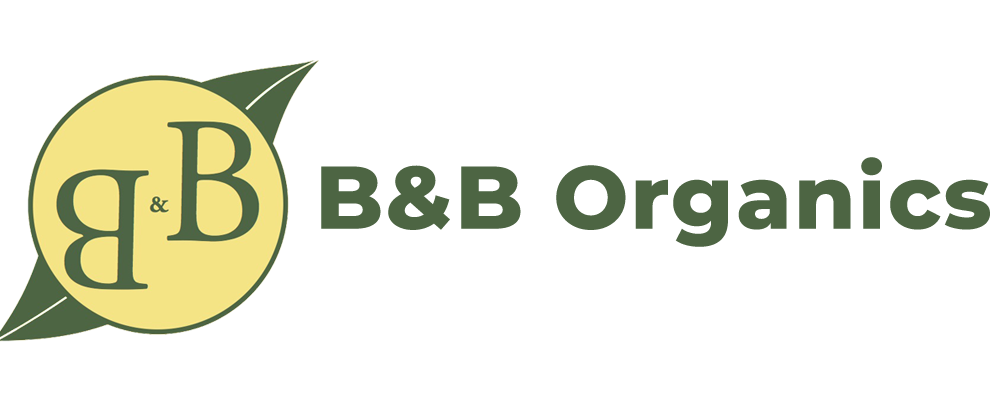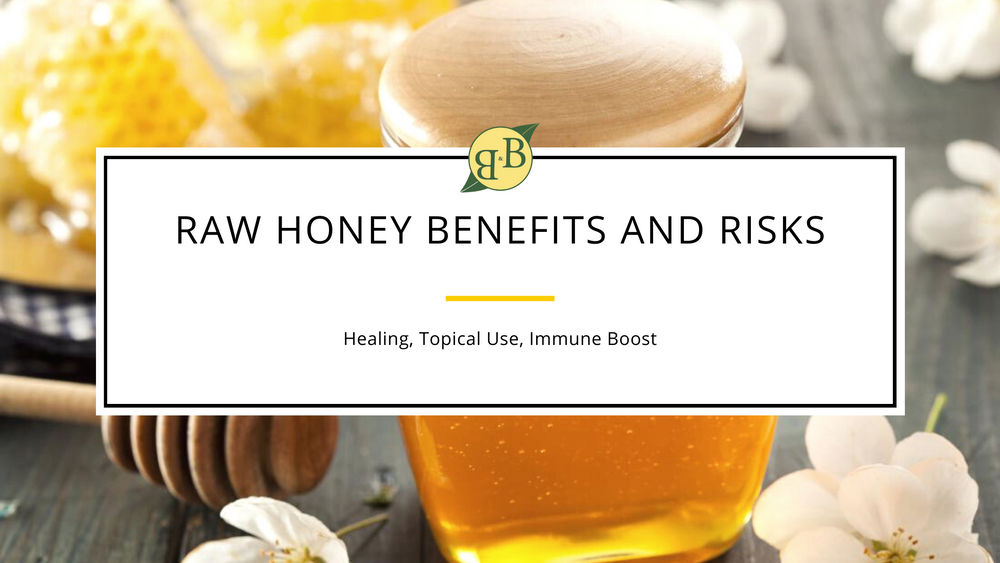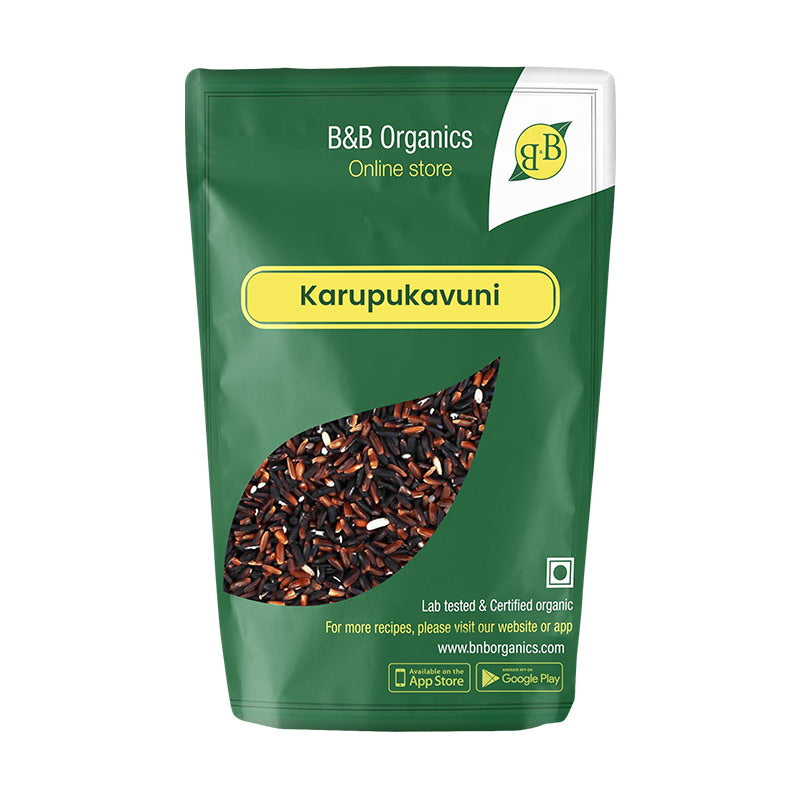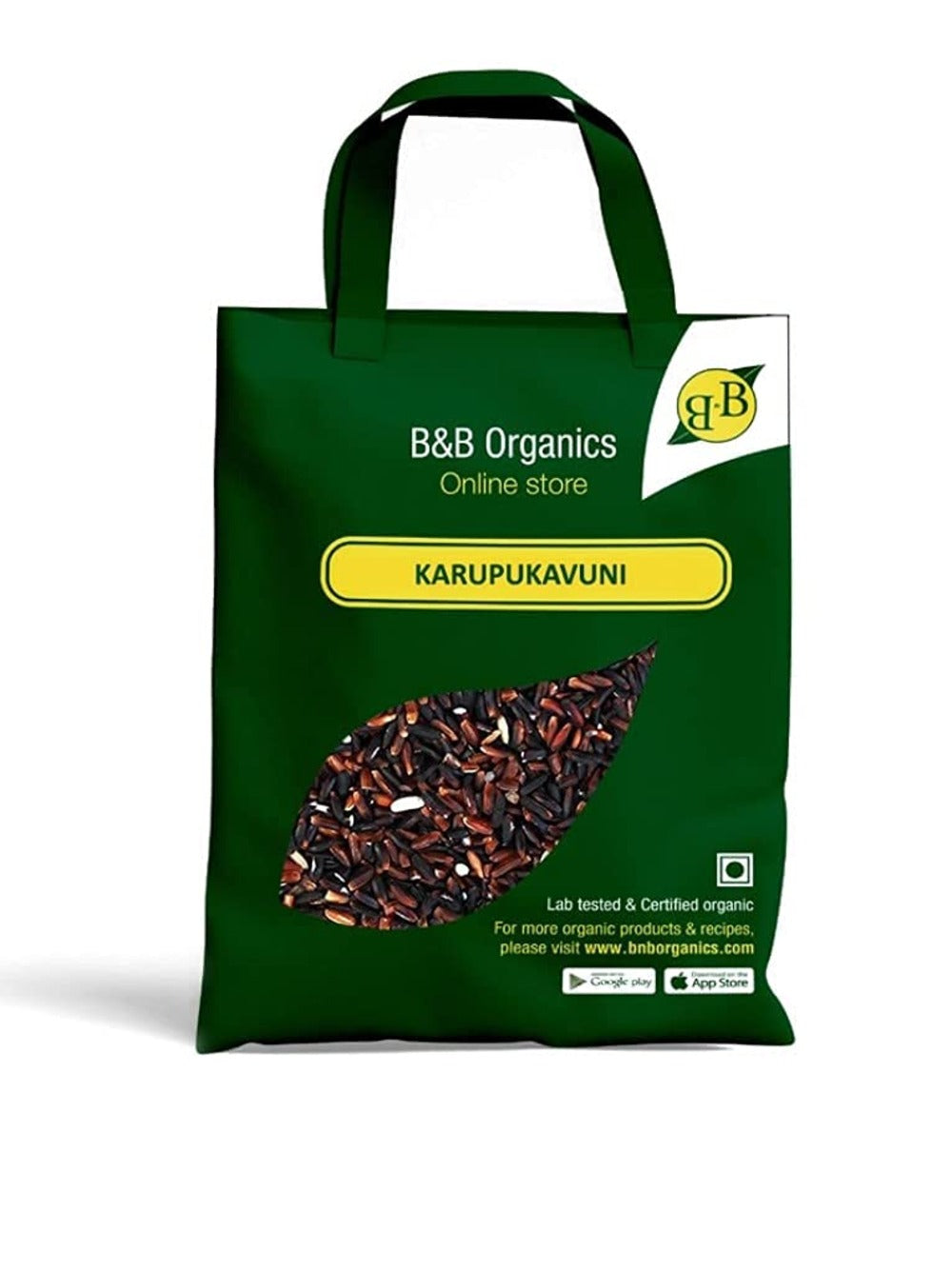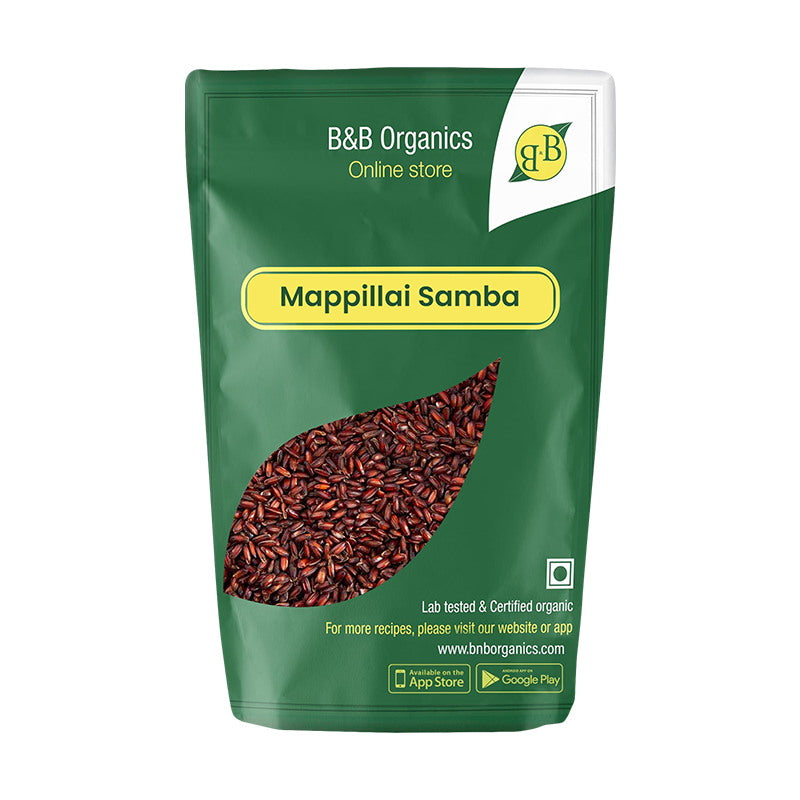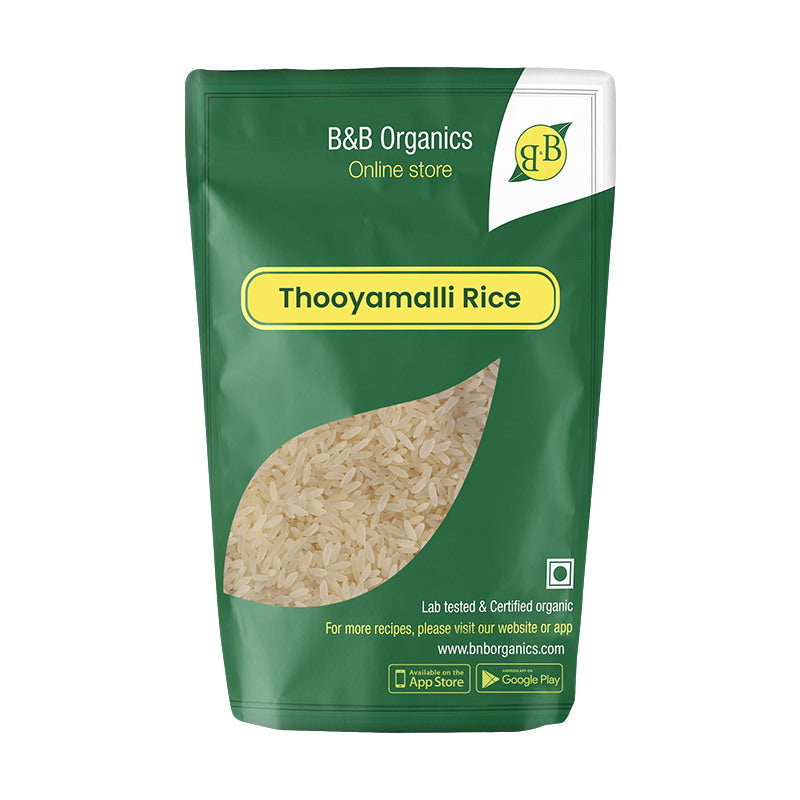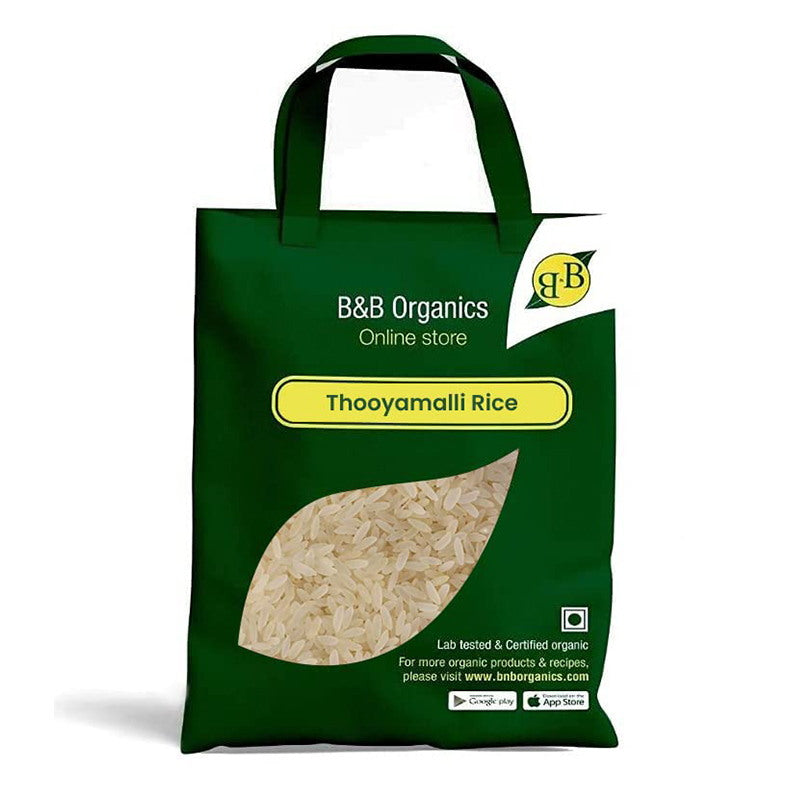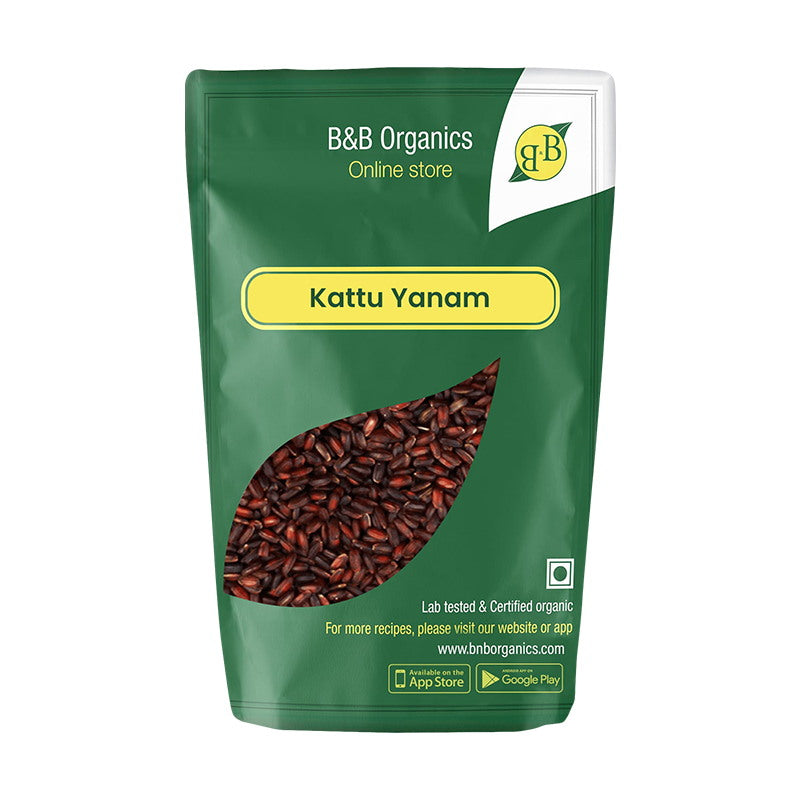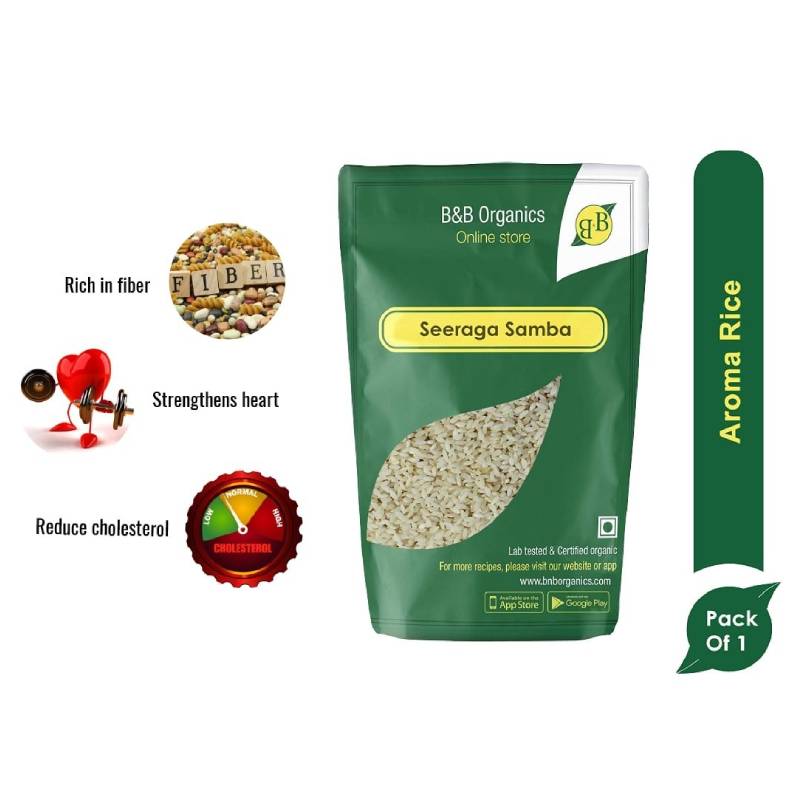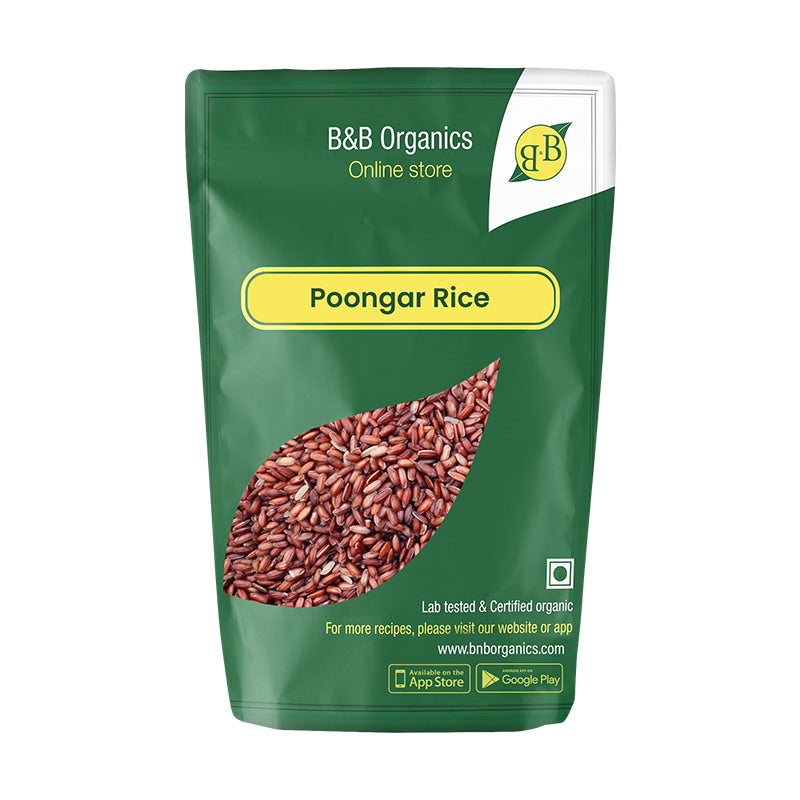Raw honey has been used in herbal medicine for a long time. This sweet tasting material might have beneficial components that honey produces.
Honey has numerous health advantages. Bee pollen, bee propolis, and a huge amount of antioxidants are all found in raw honey that is collected straight from the beehive.
While studies have not shown that raw honey is safer than regular honey, many people think that ordinary honey's treatment and pasteurisation remove some of its excellent benefits. Due to this, some people think that raw honey has more medical benefits over normal honey.
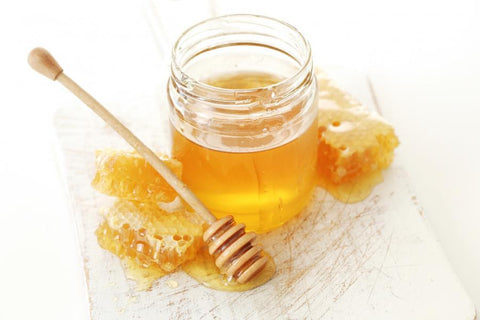
The benefits of raw honey opposed to regular honey are covered in this article.
Raw honey – what is it?
A rich, golden liquid called honey is formed by honeybees. A honeycomb is a tiny, hexagonal structure that bees use to keep their honey. Directly from the hive comes raw honey.
Bee pollen, beeswax, as well as the remains of dead honeybees can be found in hive-produced honey. Raw honey is typically processed by honey producers to eradicate quite as many impurities as feasible, but some usually remain. It remains safe to eat.
Normal honey is processed, as opposed to raw honey. This implies it has been heated by producers to remove yeast cells that might change its flavour, extend its life span, and enhance its clarity and aesthetic appeal. Pasteurisation, though, could have a detrimental effect on the amount of nutrients in the honey.
Based on certain actual proof, people have been using honey for further than 8,000 years. Most people today use processed honey, as opposed to the fresh honey that was popular in antiquity.
Honey has the following positive health benefits by essence:
- It has antimicrobial properties.
- It has wound-healing properties.
- Nutritional antioxidants.
- It has anti-inflammatory properties.
Bee propolis and Bee pollen, which works like glue and is utilised by bees to keep their hive intact, are also present in raw honey. The proportion of bee

pollen and bee propolis in normal honey may not be as great as it is in fresh honey.
As per studies on bee propolis, bee pollen and pollen have both anti-inflammatory, antioxidant, anticancer, and antibacterial activities.
The seven health advantages of raw honey backed up by studies are outlined in the sections that follow.
Effects of antioxidants:
As per scientists, honey's antioxidant content is what provides for a number of the major health benefits.
Organic honey includes a variety of antioxidants, like phytochemicals, flavonoids, and ascorbic acid.
Antioxidant that protects the body from oxidation by removing free radicals. Oxidative stress has been linked by scientists to a variety of chronic health problems, along with several malignancies. People's risk of acquiring chronic illnesses can be reduced by eating a diet filled with antioxidants.
In some views, pasteurisation reduces the antioxidant content in honey, therefore it may not provide the same medical benefits as fresh honey.
While there is no specific research on how pasteurisation impacts the antioxidants in honey, facts show that warming other foods can reduce its antioxidant content.
Nutrition:
Honey has features that make it a nutritious addition to the diet.
Raw honey's exact nutritive benefits and chemical make-up varies across countries and habitats, in particular due to the types of flowers that bees want to gather nectar from. Despite these features, honey has still offered superior

antioxidants, amino acids, and vitamins.
Sugar naturally occurs in honey. Fructose takes up a little bit more than 50% of the sugar in honey. But, honey is still a better option than refined sugar, given its fructose content. Based on some studies, certain varieties of honey may aid reduce cholesterol levels while others could have a protective effect against diabetes.
Inhibits bacteria:
Honey is a naturally occurring antimicrobial and antibacterial substance. Due to its low pH and includes glucose oxidase and hydrogen peroxide, it can destroy dangerous bacteria and fungus. It also inhibits bacteria or yeast from developing because of its unique chemical components.
Healing of wounds:
Honey has been proven in numerous studies to be a good treatment for the healing process.
A study confirms the assertion stated by Trusted Source that honey's antibacterial, anti-inflammatory, and antioxidant properties help in the healing process. Also, certain evidence points to honey's antifungal and antiviral qualities.
Coughing relief:
Based on some research, honey could be as efficient as some over-the-counter (OTC) cough medicines, if not better. Honey could be a good alternative for children over the age of one year as most cough medicines are not safe for kids to ingest.
In a meta-analysis, honey could be an efficient way to reduce the frequency and intensity of a kid's nighttime coughing. According to a small-scale study, a milk and one kind of honey concoction can cure a kid's coughs almost as effectively as an OTC medication.
Take a teaspoon of natural honey to calm a cough, and allow a few minutes before sipping or ingesting any other food to let the honey cover your throat.
Diarrhoea Therapies:

Raw honey may have a relaxing impact on the digestive tract, reducing diarrheal discomfort.
According to research, people who received honey with a rehydration treatment healed from diarrhoea faster than those who did not. The kids who got honey had fewer bowel movements and healed from the illness more rapidly.
Take a spoonful of fresh honey or combine little honey with a drink to help treat mild dysentery. Avoid eating large amounts of honey as too much sugar can exacerbate diarrhoea.
Brain defence:
There is a little evidence to back up the theory that honey has anti-inflammatory and antioxidant effects that are beneficial to the brain. According to research on animals, honey-eating rats have been less likely to die from lead-induced brain injury.
The hippocampus, a part of the brain linked to memory, is said to be susceptible to swelling, and a study claims that raw honey may contain substances that assist with this battle.
Risks:
Raw honey is relatively safe to use, assuming that the consumer is not sensitive to bee pollen.
Due to the risk of infant botulism, the Centers for Disease Control and Protection (CDC) recommends against feeding honey to kids under the age of one. Honey is suitable for consumption from the age of 1. Both fresh and regular honey are included in this category.
Overview:
While regular honey lacks essential nutrients, raw honey might. This indicates that the health benefits of pure honey may be greater or more powerful. Studies have not, though, substantiated this.
Bee propolis and bee pollen, that have extra antibacterial and antioxidant properties, may be found in raw honey as extra components.
The chances for using raw honey medicinal uses are excellent. As per studies on its medical benefits and nutritive quality, raw honey could be a better sweetener than sugar.
FAQs
1. Is raw honey better than regular honey?
While both raw honey and regular honey have their benefits, rawhoney is generally considered to be a healthier choice due to its higher nutrient content and antioxidant properties. The processing of regular honey may reduce its nutritional value, making raw honey a preferred option for those seeking the maximum benefits.
2. Can raw honey be used topically?
Yes, raw honey can be used topically as a natural remedy for various skin conditions. Its antibacterial and anti-inflammatory properties make it effective for treating wounds, burns, and even acne. Simply apply a thin layer of raw honey to the affected area and leave it on for a few minutes before rinsing off.
3. Can raw honey help with allergies?
While some people believe that consuming raw honey can help alleviate allergy symptoms, there is limited scientific evidence to support this claim. Raw honey may contain small amounts of pollen, which could potentially help build tolerance to allergens over time. However, more research is needed to confirm its effectiveness in allergy relief.
